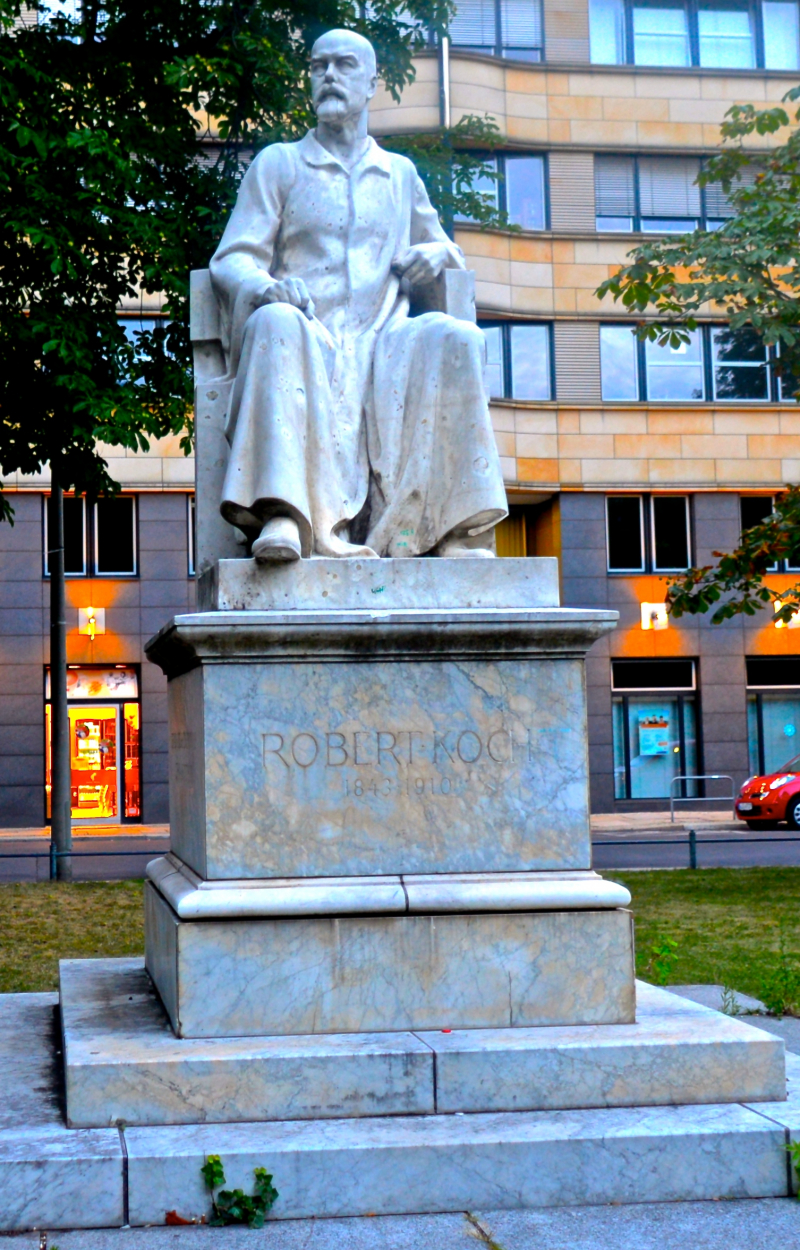Following his death, the World Health Organization has observed "World Tuberculosis Day" on March 24 to honor Koch
During his years of dedication to his work and the medical industry in general, he has achieved great achievements and awards, that is one of the interesting facts about Robert Koch. On November 19, 1890, Koch was appointed a Knight Grand Cross of the Prussian Order of the Red Eagle. In 1897, he was chosen as a Foreign Member of the Royal Society (ForMemRS). For his studies and discoveries related to TB, he received the Nobel Prize in Physiology and Medicine in 1905. His work on tropical and TB illnesses earned him the Order Pour le Merite in 1906, as well as the Robert Koch Medal, which was created to honor the finest living physicians, in 1908. He received the Order of the Crown, 100,000 marks, and appointment as a Privy Imperial Councillor from Emperor Wilhelm I. Fellow of the Science Senate of the Kaiser Wilhelm Society and Surgeon-General of the Health Service.
Koch had a heart attack on April 9 of 1910 and never fully recovered. Koch passed away in Baden-Baden on May 27, three days after delivering a speech on his study on TB at the Prussian Academy of Sciences. He was 66 years old. On December 4th, 1910, his urn containing ashes was interred in a tomb that had been built especially for him at his institute. The Robert Koch Institute holds 1,500 letters, awards, papers, lecture texts, prepared microscope slides, pictures, and other pieces of Robert Koch's scientific legacy. In Berlin in 1891, Koch founded the Royal Prussian Institute for Infectious Diseases. After his passing, it was renamed Robert Koch Institute in his honor. Besides, since 1982 the World Health Organization has observed "World Tuberculosis Day" on March 24 to honor Koch's discovery of the tuberculosis bacterium. On the frieze of the London School of Hygiene & Tropical Medicine building on Keppel Street, Bloomsbury, Koch is one of 23 names from the domains of hygiene and tropical medicine.
Additionally, in the Mitte neighborhood of Berlin, a little park called Robert Koch Platz contains a large marble monument of Koch that is located immediately to the north of the Charity Hospital. A German-produced movie from 1939 with Oscar-winning actor Emil Jannings in the titular role was about his life. Google released a Doodle in honor of Koch's birthday on December 10, 2017. The initial medium he employed to separate pure bacterial cells to aid in his study is depicted in today's Google Doodle depicting potato slices. Google states that Koch experimented with potato slices up until his helper Julius Petri created the Petri dish, which is also seen in the Doodle and bears Koch's likeness.









